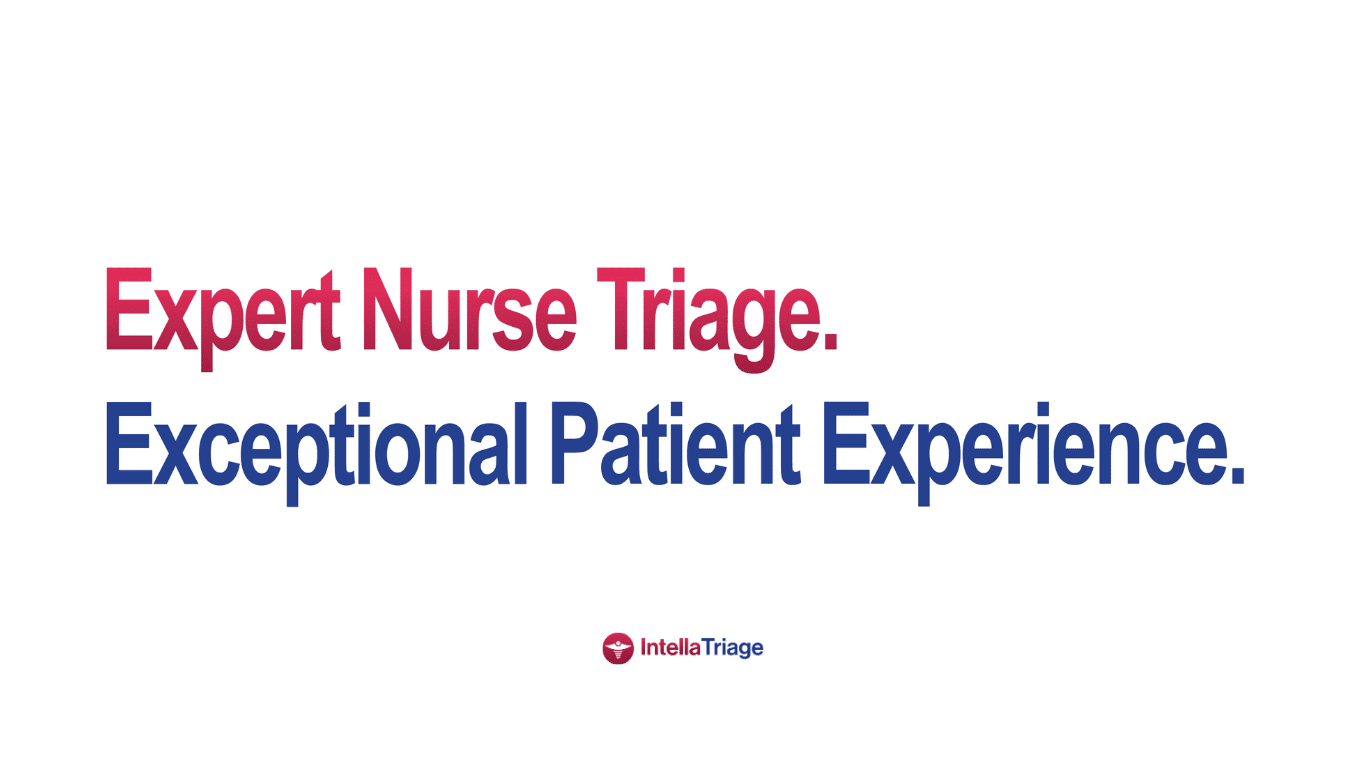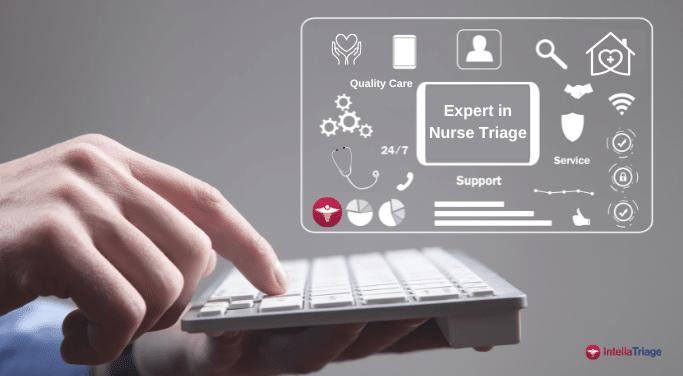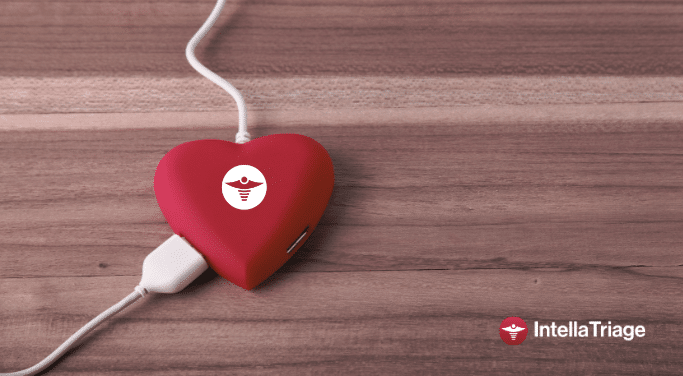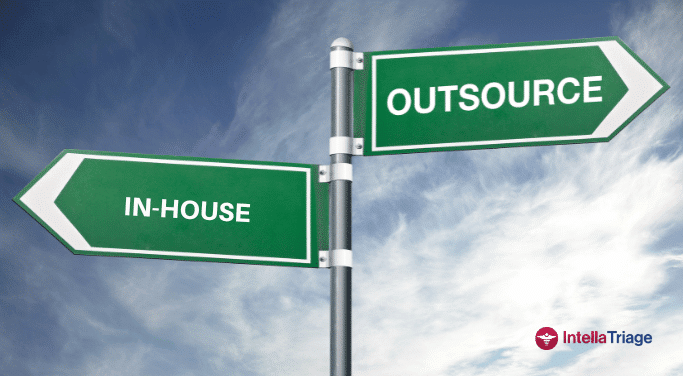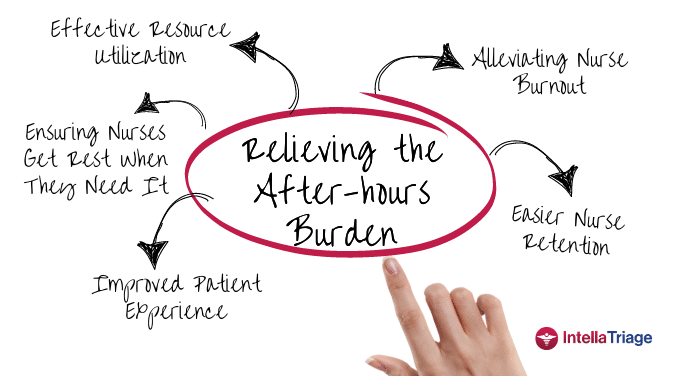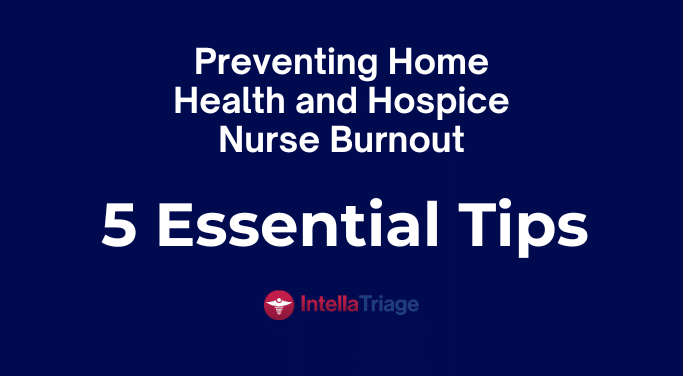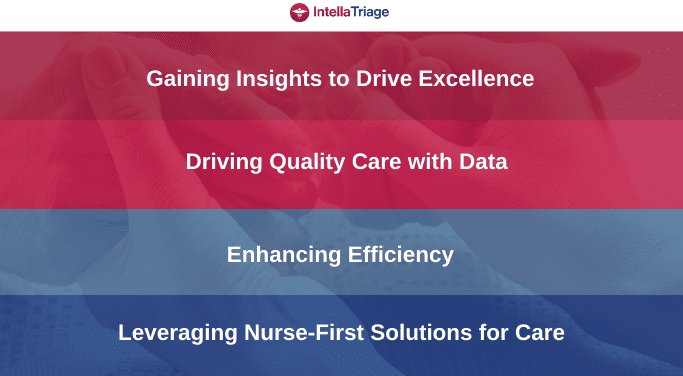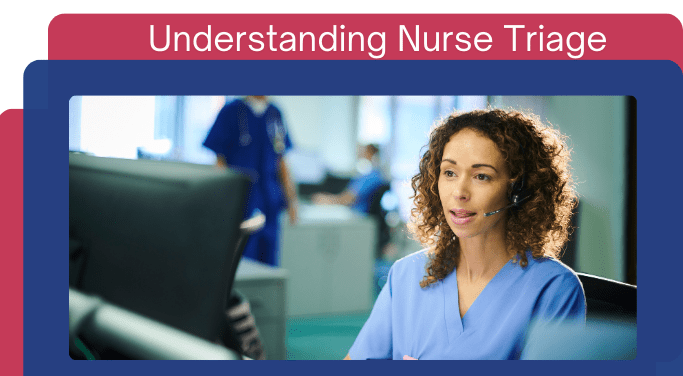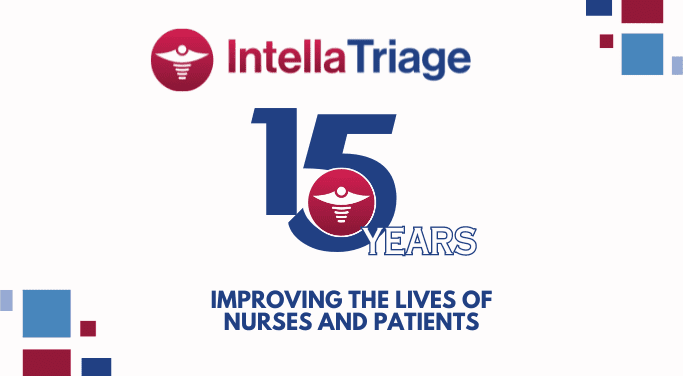IntellaTriage Insights: Our Blog
Hospice and home health regulatory updates, market trends, and after-hours triage strategies.
In the complex world of hospice and home health care, after-hours triage is far more than a necessity—it's a critical component of quality patient care. Patients and caregivers often face urgent questions and challenging situations during nights and weekends. Having access to expert hospice and home health triage services ensures timely, compassionate responses, alleviating stress [...]
Every interaction with patients and families in home health and hospice care is crucial. However, the stakes are even higher during after-hours calls. Patients and their loved ones depend on timely, compassionate care to navigate complex health situations. After-hours is when the expertise of nurse triage becomes not just a convenience but a necessity for [...]
Starting September 30, 2025, the Centers for Medicare & Medicaid Services (CMS) will roll out the HOPE (Hospice Outcomes and Patient Evaluation) assessment tool, a game-changer in patient satisfaction surveys and quality reporting for hospices. Replacing the current HIS, CMS designed this new tool to provide a more comprehensive picture of each hospice patient's journey, [...]
The patient experience is at the heart of hospice care, especially during the vulnerable moments at the end of life. Timely access to compassionate, skilled support is essential not only for managing physical symptoms but also for ensuring emotional comfort for both patients and their families. The following stories illustrate how a simple difference in [...]
In hospice care, the patient experience is everything. It’s not just about how an agency measures in numbers or scores—it’s about the team ensuring that the final moments of life are as dignified and comfortable as possible. Imagine the difference between calling your hospice agency in the middle of the night and getting an answering [...]
As a hospice and home health provider, your primary focus is on delivering exceptional care to your patients. However, as your agency grows and resource utilization hits a tipping point, maintaining quality care can become challenging. This is where outsourcing and standardization can play a crucial role in sustaining and enhancing your services. The Tipping [...]
Burnout among healthcare professionals, particularly nurses, is a persistent issue. The ongoing nursing shortage and the upcoming boom in the aging population have intensified this problem, adding urgency to hospice and home health organizations' efforts to find effective solutions. While traditional methods focus on workload and administrative burdens, innovative strategies address the root causes of [...]
In a recent milestone, IntellaTriage and CommonSpirit Health at Home (CSHaH) announced a significant integration between IntellaTriage’s IntellaHub and CSHaH's electronic medical records system, Homecare Homebase. This partnership underscores the importance of interoperability in healthcare, particularly in post-acute settings like hospice and home healthcare. Here are the top five reasons why interoperability is essential in [...]
Preventing nurse burnout can translate to improved nurse retention and improved patient outcomes. In home health and hospice care, nurses often face significant challenges that can lead to burnout. The constant juggling of patient needs, administrative tasks, and emotional stress can take a toll on even the most dedicated caregivers. However, prioritizing nurse wellness and [...]
After-hours care coordination can be specifically tailored to meet the needs of patients (in this case, heart failure patients) receiving home health care. Learn how the power of data-driven insights and personalized strategies can enhance patient outcomes.
For hospice and home health organizations, effective management of triage calls impacts entire care teams and the patients in their care. As anyone in healthcare knows, health concerns and patient inquiries aren’t restricted to a 9 to 5 workday. When staff is unavailable, filling the care gaps involves patient calls routed to a call center or a nurse triage center.
The past 15 years have seen a remarkable transformation in after-hours triage services and the post-acute industry. IntellaTriage has been a pioneering force in after-hours nurse-first triage services, transforming the landscape of post-acute healthcare.

